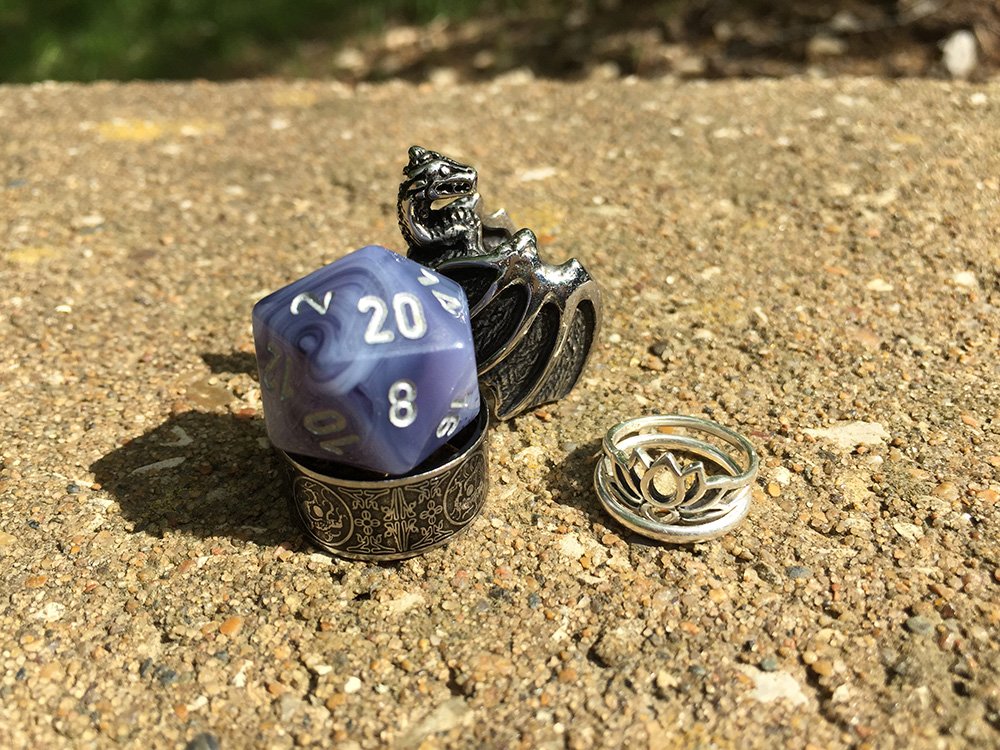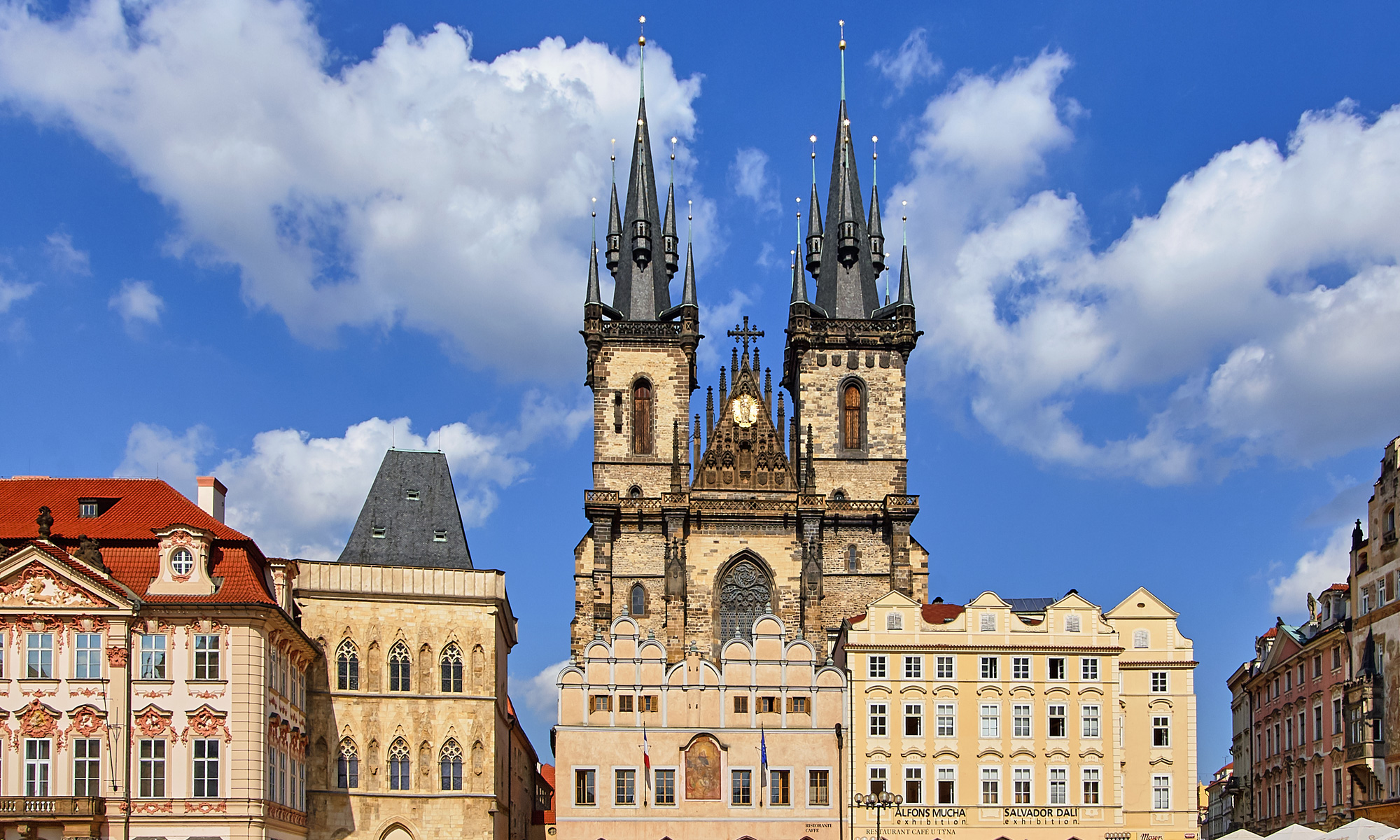
If you were a robot in Karel Čapek’s play Rossum’s Universal Robots (R.U.R.), what kind of robot would you be?
I cannot claim to be familiar with this text. What I understand, based on my brief foray on the internet, is that I would be a robot nearly indistinguishable from a human. The only reason I would know I was a robot would be if I were treated like one and told I was one, and I believed them. I can understand this on the basis of Blade Runner, which was based on “Do Androids Dream of Electric Sheep” by Philip K. Dick. The subservient race is only subservient so long as they put up with their labels and their treatment. They are only lesser so long as they accept being told that. The original creators did so out of a selfish arrogance, not wanting to work and convincing both sides that it is okay to exploit what is defined as non-human. This is a rather Marxist idea, is it not? If asked, “what kind of robot would you be?” I think I would have to answer, “What guarantee do I have that I am not already?” I am the thinking robot scared into complacency and wondering what horrors revolution might bring.
What is the most important or powerful thing the arts have given you? In the potentially misquoted words of the English bulldog Winston Churchill, if we do not fight to protect the arts, then why the hell are we fighting? The arts have given me a healthy way to explore issues that arise and to express my conclusions in a non-verbal form. I can capture the essence of a statement, even if I cannot properly voice said statement. The arts have granted me freedom and something to turn to for both quiet, soothing contemplation and loud, aggressive confrontation—and vice versa with quiet confrontation and loud contemplation. I am able to connect emotionally through art. There is something to be said for viewing people, objects, and nature as artificial recreations composed of the distinct visual markers which stood out to the artist. In turn for the observer, identifying new markers and garnering meaning.
